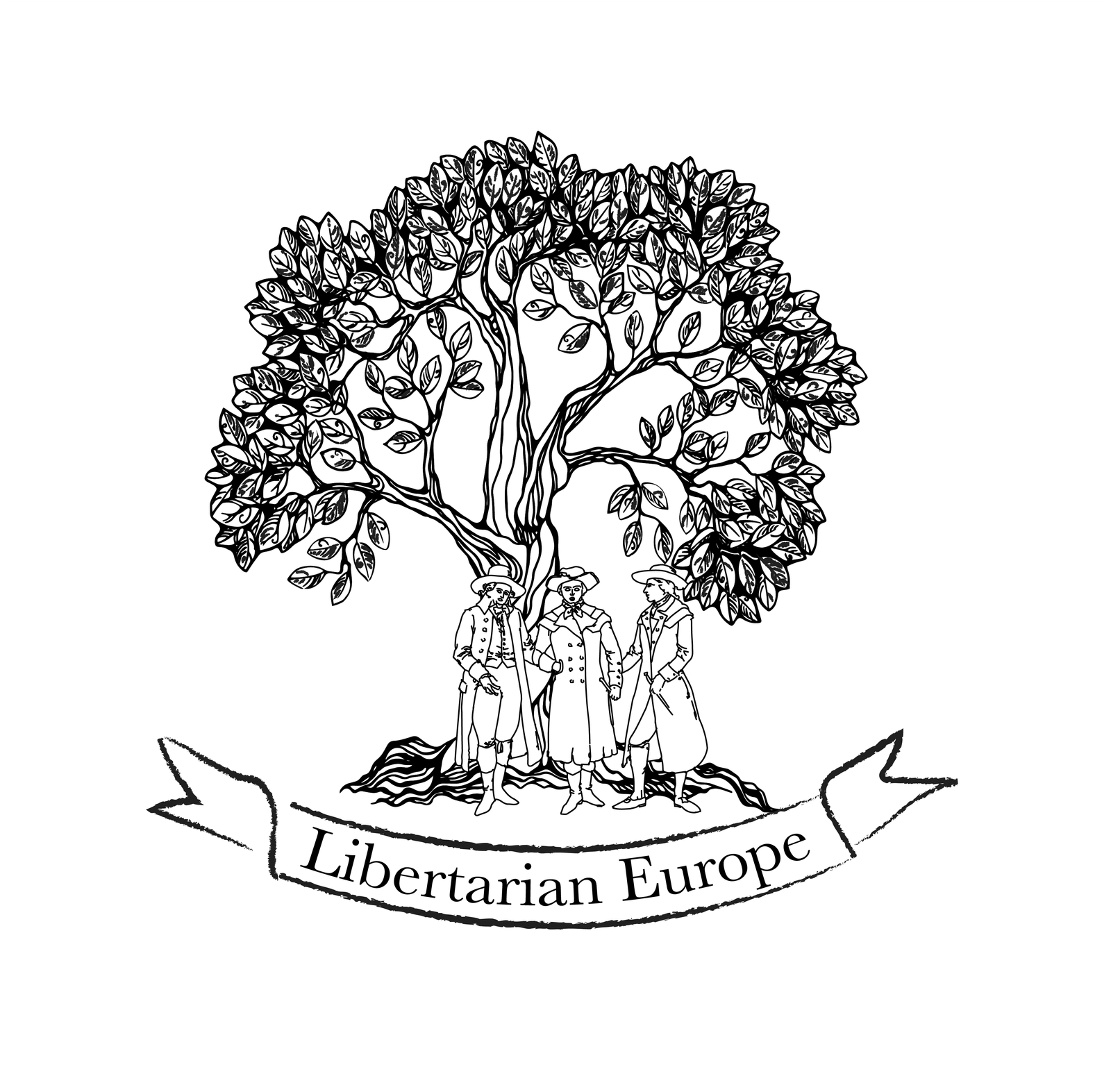
Are wars good for the economy?
You may have already come across the following phrase ‘wars are good for the economy’, but you could not explain where the economic and logical errors were in such a statement, this text comes to help you understand what these errors are.
To understand where these misconceptions are, we will need to talk about what the French economist, Frederic Bastiat, called the broken window fallacy, which was initially introduced by him and later explained again by economist Henry Hazlitt in his book ‘Economics in One Lesson’ .
First of all, we need to understand what fallacy is:
Fallacies are attempts at argumentation that are apparently true, but contain logical errors in their structure: for example, a logical leap, an exaggeration, an appeal etc.
The Broken Window Fallacy
Well let’s explain what the broken window fallacy is through an example:
Peter owns a bakery and in his bakery he sells a lot of bread, cheese, milk etc. However, a very mischievous boy named John throws a stone at the window of Peter’s bakery and then runs away. Peter gets very angry, but he doesn’t want to leave his bakery with a broken window, so he hires a glazier to fix his window. This glazier will receive for his service and will spend his money in other places, for example in Mark’s supermarket. Mark will spend his profit on the sales of products to the glazier and so on. That is, John, breaking Peter’s window, made the ‘wheel’ of the economy to spin. From this perspective, we can come to the conclusion that John is a hero and that his attitude was good for the economy.
But Bastiat and Hazlitt consider this conclusion a fallacy, can you identify why?
Well, the big problem is that we are forgetting that the window already existed there and that John merely destroyed it.
Observe: Peter had to spend his hard-earned money on fixing something that already existed, in other words, scarce resources were wasted if he spent resources on fixing something that already existed. John cannot be considered a hero.
What Is Seen and What Is Not Seen
We know that, to produce something, scarce resources are spent. By reproducing a good that was destroyed, we are wasting scarce resources simply to return to the initial situation. The decision to use a resource to repair a loss costs us the opportunity to use it to create new wealth. For example, Peter could have bought a new shirt for his son, making the economy ‘wheel’ to spin, but in this hypothetical situation there would be no destruction or waste. Bastiat called it ‘What Is Seen and What Is Not Seen’. After all, the new window and the products that the glazier acquired can be seen, while it is necessary to use the imagination to ‘see’ what was lost or rather what was not gained.
Let’s see what actually happens:
There is 1 unit of a ready-to-use good and idle raw material >> This good is destroyed >> Raw material is spent to replace the destroyed good >> the good is ready for use again (same initial situation) but the raw material was wasted.
What could happen:
There is 1 unit of a ready-to-use good and idle raw material >> The raw material is used to manufacture an additional unit of the good in question >> There are now 2 units of this good available for use thus generating an increase in the real wealth of the society.
Are wars good for the economy?
You may be thinking that this fallacy is not present in our lives. But it is not uncommon to see people defending things like ‘war is good for the economy’. As the aforementioned economist Henry Hazlitt would say, the fallacy is present in such a statement:
It is merely our old friend, the broken-window fallacy, in new clothing, and grown fat beyond recognition. This time it is supported by a whole bundle of related fallacies.
Economics in One Lesson
The truth is that wars are not good for the economy, they cause suffering, deaths and destruction, resources are wasted, goods that already existed are destroyed, savings are gone and lives are lost. Indeed, the reconstruction of a country in the post-war period or spending on wars will generate jobs, after all, it will be necessary to rebuild what was destroyed, it will be necessary to employ soldiers, produce weapons, equipment etc. But this is just like Bastiat would say: ‘what is seen’. But we also have to pay attention to ‘what is not seen’. Observe that these resources that were wasted could be used in new things that would generate greater satisfaction for individuals and make the ‘wheel of the economy turns’, in addition to the benefit of sparing people from the suffering that wars cause.
The way we perceive economic fallacies is by reminding us of the important lesson that the late economist, Henry Hazlitt, left us:
The art of economics consists in looking not merely at the immediate but at the longer effects of any act or policy; it consists in tracing the consequences of that policy not merely for one group but for all groups.
Economics in One Lesson

